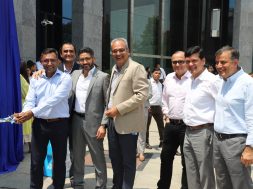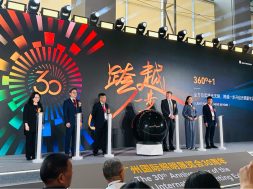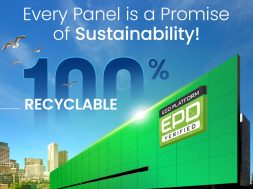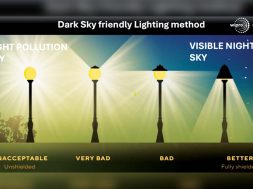Laminates, a sustainable, future-ready alternative to traditional stone and timber
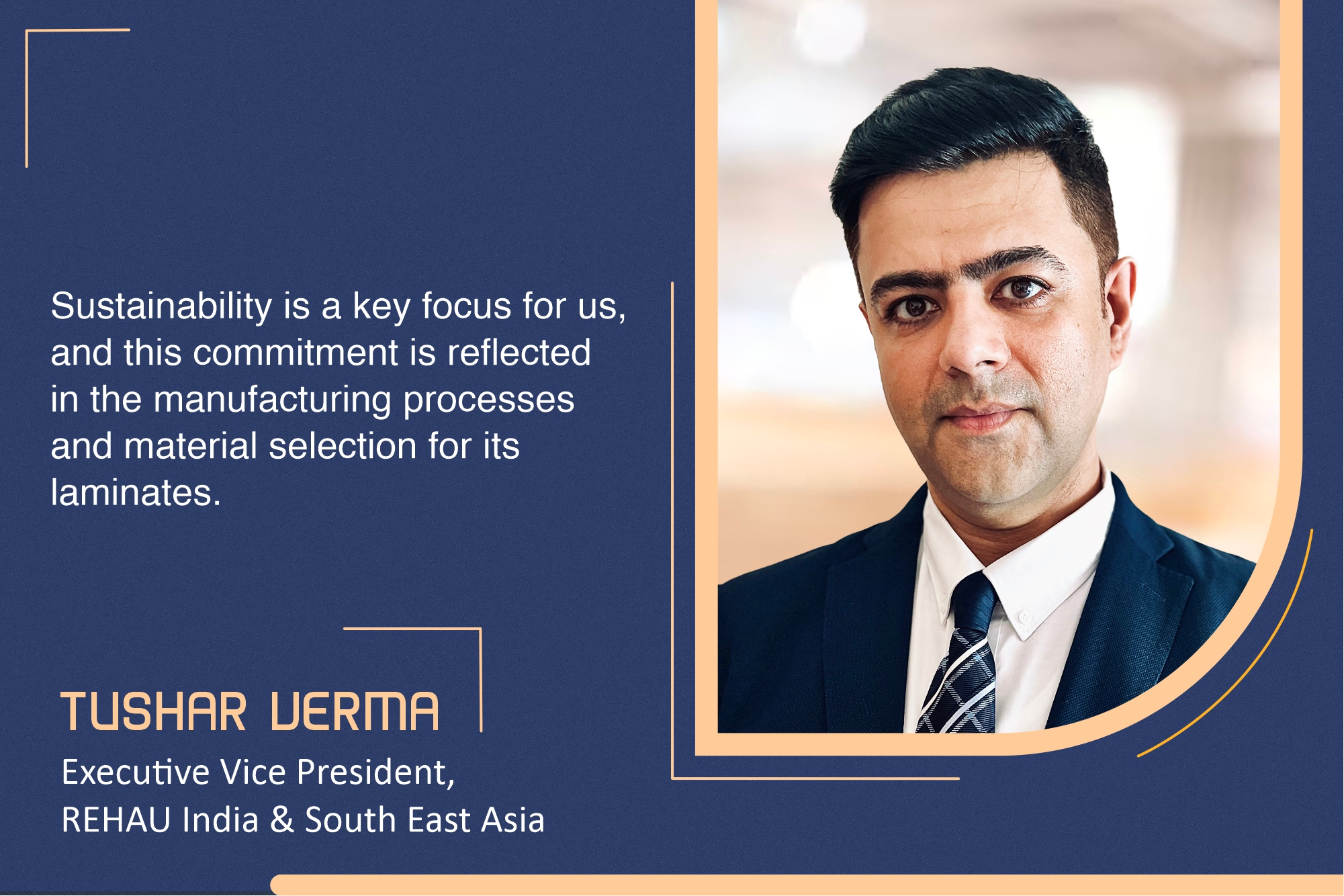
Tushar Verma outlines how laminates are becoming a preferred alternative to stone and timber for commercial and residential applications. He also delves into how REHAU’s product offerings stand apart from those of its competitors in terms of their superior properties.
What are the key considerations when selecting laminates for commercial and residential projects?
Factors such as durability, ease of maintenance, resistance to external elements, resistance to climatic conditions and overall design aesthetics govern the selection of laminates. For regions with high humidity, for example, selecting laminates that offer moisture resistance, anti-fungal properties, and thermal stability is essential to prevent deterioration over time. For commercial spaces like retail outlets, corporate offices, and hospitality sectors, laminates must be durable enough to endure heavy footfall and constant interaction.
How are your laminate solutions customised to offer versatility and durability, particularly in high-traffic areas and humid environments?
High-traffic areas warrant surfaces to withstand constant use, potential impacts, and exposure to varying environmental conditions. REHAU India’s RAUVISIO laminates are engineered to meet these demands. RAUVISIO crystal is ideal for residential and commercial spaces as it replicates the premium glass look and is almost 10 times more break-resistant and 50 percent lighter. Similarly, RAUVISIO Ace, with a super matt, anti-fingerprint finish, ensures surfaces are clean and elegant. REHAU laminates’ moisture-resistant properties prevent warping, swelling, and delamination, which makes them an ideal choice for humid environments like kitchens and bathrooms.
REHAU’s offerings, which include RAUVISIO Riviera, RAUVISIO Ace, and RAUVISIO Crystal, feature advanced surface coatings. They possess anti-fingerprint and antibacterial properties and provide exceptional water resistance. RAUVISIO surfaces are designed to resist scratches, stains, and UV fading and manage the impact.

How do you ascertain environmental sustainability through material sourcing, manufacturing processes, and recyclability?
With sustainability as one of its core values, the RAUVISIO range is designed with eco-friendly considerations, incorporating low-VOC emissions, solvent-resistant surfaces, and recyclable materials. These aspects ensure indoor air quality and safe usage in both residential and commercial settings, minimise the need for harsh cleaning agents, and support circular economy practices reducing landfill waste. REHAU also adheres to global sustainable manufacturing practices of resource efficiency optimisation, production waste minimisation, and energy-efficient technology adoption. Our laminates have long life cycles, minimising the frequency of replacements and overall material consumption.
How do laminates compare to other surface materials, such as regular timber, tile, and stone, regarding cost-effectiveness, versatility, and maintenance?
Laminates are an ideal alternative to traditional surface materials, as they balance affordability and durability and are easy to maintain. Laminates are durable, easy to maintain, cost-effective, and offer design versatility. While natural materials like stone and timber require significant sourcing, installation, and maintenance investment, laminates offer aesthetics and functionality at a fraction of the cost. Similarly, products like RAUVISIO Crystal and RAUVISIO Ace offer a premium appeal while meeting performance. Natural stone requires sealing, and timber is prone to warping. However, laminates offer stain resistance, impact resistance, water resistance, and easy cleaning, making them a superior choice for residential and commercial applications.
For more details, visit: https://www.rehau.com/group-en
Cookie Consent
We use cookies to personalize your experience. By continuing to visit this website you agree to our Terms & Conditions, Privacy Policy and Cookie Policy.

